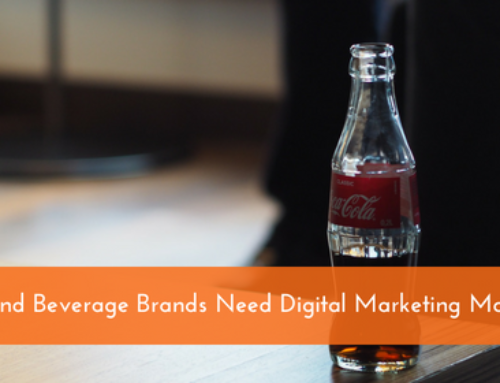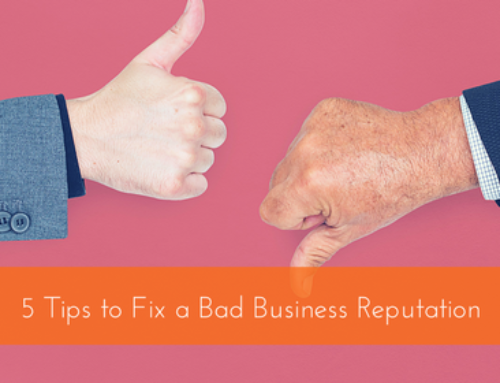For many, the Super Bowl ads aired during the game on Sunday were a big hit. For others, a miss and a reason to boycott. The hype surrounding the controversial Budweiser ad swirled early and strong, with hashtags forming on Twitter near the beginning of last week. The commercial from 84 Lumber, however, was a surprise offering that no one saw coming.
By the time the Patriots made their historic comeback to win yet another Super Bowl, no fewer than five brands put their hearts on the line. That’s what a brand is, isn’t it? The heart, the reason for a company’s existence? Let’s examine the ads in question and determine if they strayed from their brand’s mission and vision.
Coca-Cola
Current boycott victim Coca-Cola is no stranger to ads promoting harmony and unity. One of the most iconic commercials of all time comes from Coke. The “I’d Like to Buy the World a Coke” featured people of multiple nationalities and cultures first aired in 1971.
Did they take a sudden departure from this message with their Super Bowl ad this year? Is that why the immediate call for a boycott of Coca-Cola products?
https://www.youtube.com/watch?v=LhP5sDUnF6c&list=RDLhP5sDUnF6c
As you can see, this ad, which first aired in 2014, held true to the brand’s message of diversity and inclusion. While it still resulted in controversy, the likes of which did not occur three years ago, Coke definitely stayed true to its brand.
Budweiser
The Super Bowl is a strange time to decide to stop drinking beer, and yet many did exactly that with their #BoycottBudweiser choice. Leaked a week early, this ad tells the story of Budweiser’s immigrant founder Adolphus Busch overcame a harsh welcome in his new home and founded one of the world’s most recognizable brands.
The brand has never made its roots a secret. On the website, under “Our Brand,” the first thing visitors see is “Our Legacy,” the story of Busch’s journey from Germany to the most famous beer in the world. Seems as though this particular commercial, however contentious it may be, has stayed true to the brand.
Audi
Yet another politically-colored commercial has people both cheering and grumbling. Audi put forth a touching ad about a father watching his daughter in a soapbox derby. The message of the ad is equality for women, a particularly hot topic at the moment.
While the brand has historically focused on luxury and performance, their current vision seems to have an eye toward progress. The #DriveProgress supports this. However, some investigation seems to prove this is a new track for Audi, one they’ve pledged to improve upon. Maybe it’s not part of the brand vision of yesterday, but perhaps we’ll see it there tomorrow.
AirBnB
AirBnB is a new face in the Super Bowl ad game, throwing their hat into the ring at the last minute. The commercial featured various ethnicities set to music, ending with the hashtagline #WeAccept.
The roomsharing brand is no stranger to discrimination controversy, fighting users that reject protected classes. Though this part of their vision is a lesson they’ve learned the hard way, with lawsuit after lawsuit, it’s clear from recent policies that diversity and inclusion is part of their brand.
84 Lumber
Perhaps the most controversial of the commercials aired Sunday night is the offering from 84 Lumber. The message was overt, featuring immigrants facing a huge wall and breaking down in tears before finding an opening—a huge wooden door. The tagline is also powerful: The will to succeed will always be welcome here.
The commercial, seen here in its entirety, was banned by Fox. 84 Lumber chose instead to air a teaser ad with directions to their website for the whole thing. The controversy surrounding it is apparent, but it also struck a chord with millions—so many, in fact, that the website crashed under the weight of new visitors clamoring to see the full video. But does this ad reflect the brand’s vision and mission?
While there are no messages outright promoting diversity, the vision statement does invoke American ideals. The mission statement also includes, “Creating an environment where nothing is impossible.” Other messaging on the site proclaims the company “second generation, woman-owned.” Seems like this type of ad supports the current brand, though they may have just kicked it into overdrive this time.
While these brands did uphold their current and past brand standards for the most part, releasing politically charged marketing materials is always a risk. At any given time, there is likely to be a large portion of the buying public that doesn’t agree with the message.
With strict attention to buyer personas, avoiding that risk becomes easier. Sure, you’re likely to receive some blowback from consumers, but if your target audience thinks your message is amazing, what have you lost? In fact, you gain a stronger brand identity that may be less surprising to buyers in the future. Still, in all cases, even those where your message fully supports your brand, caution is recommended.
Only time will tell if these Super Bowl ads will continue to strengthen the brands or if they will have an adverse effect. What are your thoughts? Did these ads seem to go against past brand messaging, or are they fully in line with established standards?






